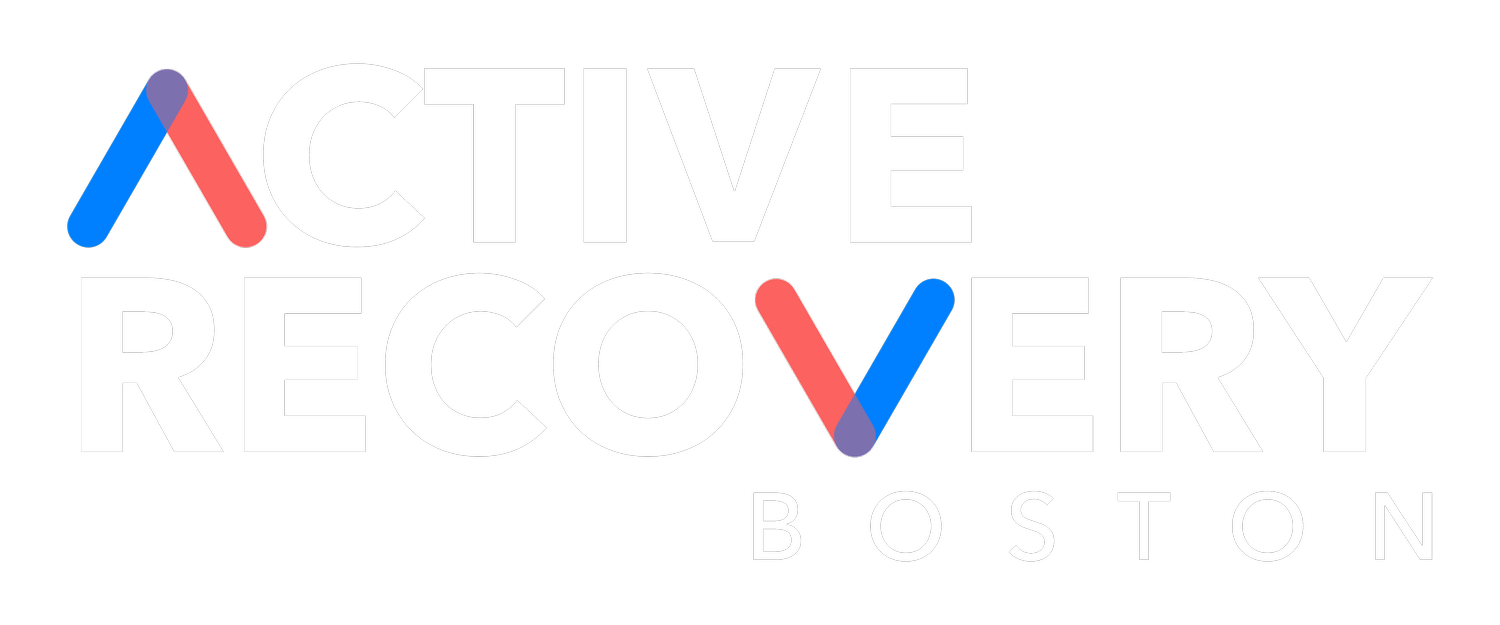Running a marathon is a significant accomplishment, and it's natural for runners to wonder when they can get back on the road. In this blog post, we will discuss the factors affecting your recovery time post-marathon and explore the benefits of active recovery in Boston. We'll also provide some guidance on how soon you can safely return to running after completing a marathon.zx
Factors Influencing Post-Marathon Recovery Time
The time it takes for your body to recover after running 26.2 miles largely depends on several factors:
1. Your Experience Level
First-time marathon runners often require more time to recover due to the unfamiliar stress placed on their bodies. In contrast, experienced runners with multiple marathons under their belt may bounce back more quickly, as their muscles and joints are better adapted to the demands of long-distance running.
2. Your Pre-Marathon Training
The quality and consistency of your training leading up to the marathon also play a significant role in determining your recovery time. Runners who have followed a well-structured training plan that includes adequate rest days, cross-training, and strength training as well as gradual increases in mileage are likely better prepared for post-marathon recovery than those who have not.
3. Your Age and Fitness Level
Age and overall fitness level also impact recovery time. Younger runners may recover more quickly due to their bodies' ability to regenerate muscle tissue, while older runners may need additional time. Runners who maintain a good level of fitness year-round may also find that their recovery is faster compared to those who only train for specific events.
4. Your Race Day Performance
How hard you pushed yourself during the marathon will directly affect how long it takes for your body to recover. If you ran at or near your maximum capacity, you might require a longer recovery period than if you maintained a more comfortable pace.
Active Recovery: A Crucial Component of Post-Marathon Recovery
Active recovery involves engaging in low-intensity exercise during the recovery period following a marathon. This approach promotes healing by increasing blood flow to the muscles, improving flexibility, and preventing stiffness. Some examples of active recovery activities include:
Walking
Swimming
Cycling
Yoga or stretching
Incorporating active recovery into your post-marathon routine can significantly improve your overall well-being and decrease the time it takes for you to return to running.
A General Timeline for Returning to Running After a Marathon
The timeline for returning to running after completing a marathon varies depending on individual factors, but here is a general guideline to follow:
Week 1: Focus on Rest and Active Recovery
During the first week following the marathon, prioritize rest and gentle active recovery activities like walking or swimming. It's essential to listen to your body during this time and avoid pushing yourself too hard.
Week 2: Gradual Return to Light Running
If you're feeling up for it, begin incorporating short, easy runs into your routine during the second week. Start with just a few miles at an easy pace and gradually increase the distance as your body allows.
Week 3: Increase Mileage and Intensity
By the third week, you should be able to increase your mileage and intensity slowly. However, continue to pay close attention to how your body feels and adjust your training accordingly.
Week 4: Resume Regular Training (with Caution)
By the fourth week, many runners can safely resume their regular training regimen. However, it's crucial to continue listening to your body and make adjustments if necessary. Remember that this timeline is a general guideline, and individual experiences may vary. Consulting with a professional at Active Recovery Boston can help you develop a personalized recovery plan tailored to your specific needs. If you went into the marathon with an injury that wasn’t 100% healed, now is the time to make sure it is fully recovered.
Schedule a Consultation with Active Recovery Boston
To ensure a safe and effective return to running after completing a marathon, it's essential to prioritize active recovery and listen to your body. At Active Recovery Boston, Dr. Kate Kelly can help you develop a personalized post-marathon recovery plan that takes into account your unique circumstances. If you're in the Franklin or Boston area and looking for guidance on active recovery after a marathon, don't hesitate to reach out. Give us a call at 617-423-3370 or visit our website to schedule a consultation today.

